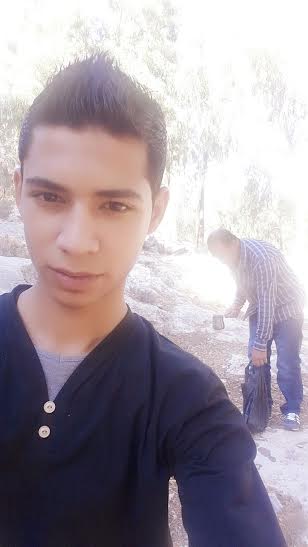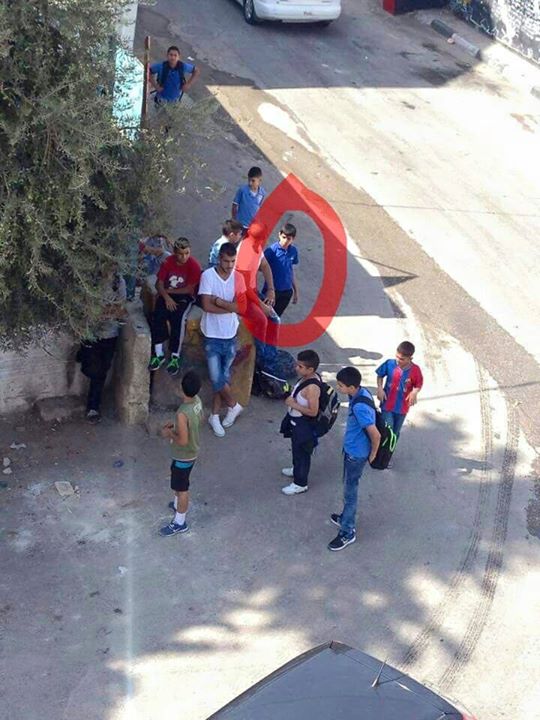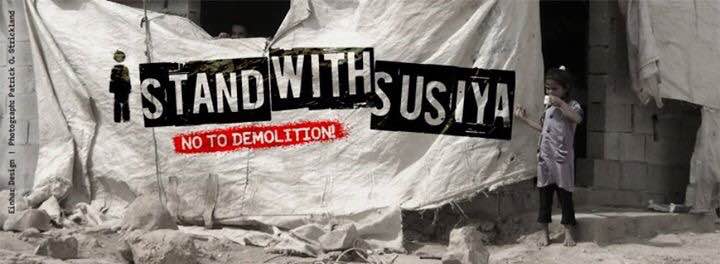Tag: Ramallah
-
Palestinian and International civilians to resist revenge home demolition
8th October 2015 | International Solidarity Movement, Al-Khalil team | West Bank, occupied Palestine Wednesday 7 October ’15 Surda Ramallah Palestinian civilians joined by International solidarity activists will gather tonight, Wednesday 7, October ’15, at the home of the bereaved family of Muhannad Halabi, which is threatened by demolition in retaliation for the fatal stabbing…
-
12 year old Palestinian killed in Bethlehem as violence explodes across the West Bank
5th October 2015 | International Solidarity Movement, Al-Khalil team | West Bank, occupied Palestine Abed al-Rahman Shadi Obeidallah, 12 was still in his school uniform when he was rushed in a civilian car to Beit Jala hospital from Aida refugee camp in Bethlehem today. The boy, from from a Al Kahder village, was shot in the…
-
PRESS RELEASE: SUSIYA – New Standards for US Foreign Policy on Israel?
22nd July, 2015 | Popular Struggle Coordination Committee | Ramallah, Occupied Palestine New Standards for US Foreign Policy on Israel? U.S. State Department Urges Israel to refrain from demolishing Palestinian village, Susiya in the West Bank. Fears a deterioration in standard of policy of indigenous displacement. In a US State Department press briefing, last week,…



